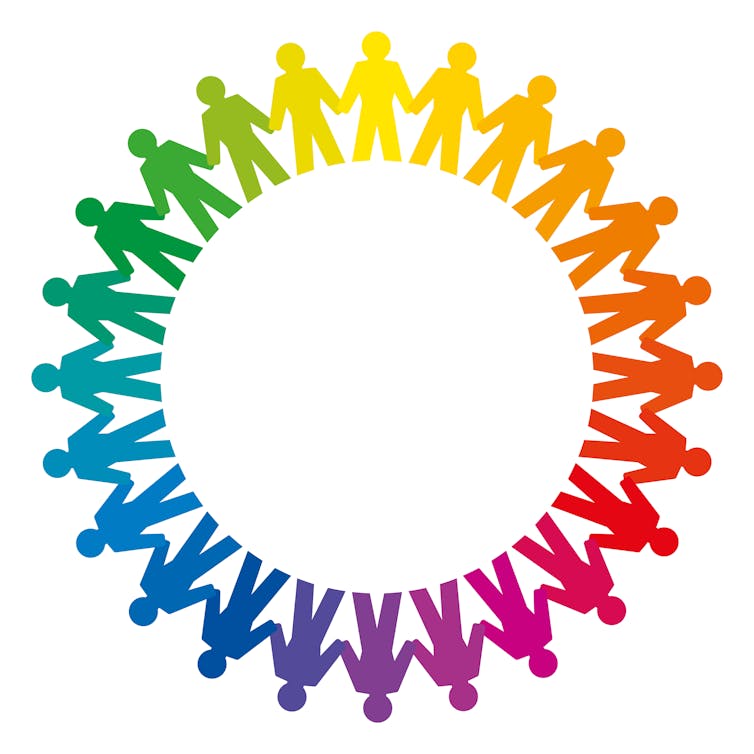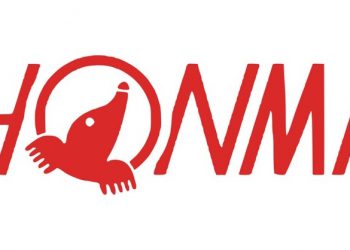
About 1 in 5 American adults regularly provide unpaid care or financial assistance to their adult relatives or friends. And about 1 in 7 young adults between the ages of 25 and 34 live with their parents.
But the true extent of support among Americans is deeper and broader.
From parents covering the cost of unexpected car repairs to colleagues raising funds for their co-workers’ medical expenses, Americans help each other in countless ways.
As a social work scholar who researches these patterns of what I call “financial interdependence,” I often observe transactions that challenge a common American narrative that most people in this country are handling their expenses on their own.
A long-standing tradition
The practice of sharing money with your friends and loved ones has deep roots in American society. Many Native American communities have traditions of sharing food and other resources with one another.
In the 19th century, mutual aid societies formed everywhere from Philadelphia to Florida. Many of them helped free Black people weather economic hardships. These organizations provided everything from unemployment assistance to burial expenses.
Today’s informal support networks echo these historical patterns.
In particular, many immigrant communities maintain traditional practices of collectively saving and lending money. Mexican American families often participate in “tandas,” which pool their savings to achieve financial goals or meet urgent needs. Similarly, West African and Caribbean communities in the U.S. organize “susu” groups, while many Chinese American communities form “hui” associations.
Local “hometown associations” additionally often offer both financial and social support to their members – aiding immigrant communities in the U.S. and people back in their homelands.
Everyone does it
These mutual support arrangements are very widespread and operate across all income levels, though they take different forms. They can be secular or religious. The true extent of this kind of activity is generally unknown.
Lower-income families often engage in frequent, smaller exchanges. They might share grocery costs, for example, or relatives may help one another out with the payment of large, unexpected bills.
Wealthier Americans tend to give larger amounts of money to extended family members, but less often. These might include a parent’s help with a down payment on a young adult’s first house or paying a portion of the cost of a grandchild’s college education.
Some families establish formal structures such as financial trusts or 529 educational savings accounts to make these transfers easier to complete and track. The number of people using 529 accounts has been increasing steadily, as states offer matching funds and tax incentives.

PeterHermesFurian/iStock via Getty Images Plus
The nature of this financial support often reflects economic needs and cultural values. In many East Asian American communities, for example, adult children routinely provide financial support to their parents – as a cultural expectation.
Regardless of the community involved, technology has transformed how people share money with their friends and family.
Mobile payment platforms make it easier to split costs and send quick assistance. Money-transfer apps have normalized small-scale financial sharing among friends and family.
Online and social media platforms are used to gather resources for medical expenses, funerals or emergency needs. These tools extend traditional support networks beyond geographic boundaries.
Other kinds of support
Financial assistance can extend far beyond direct monetary help.
Families and communities might purchase bulk grocery items together to save money, or live together to manage rising housing costs. Some parents create informal child care cooperatives, while others coordinate care responsibilities for aging relatives with their extended families.
Financial education often emphasizes individual savings and budgeting. Yet, many Americans practice financial interdependence by managing their finances and making decisions in collaboration with others.
Addressing challenges
To meet today’s economic challenges, Americans are finding creative solutions through shared resources.
Young adults increasingly need more help to become homeowners than what they can get from a bank. The median home price has far outpaced wage growth, making family assistance crucial for many first-time buyers.
College costs have stabilized, albeit at high levels, leading more families to pool resources for educational support. This often creates long-term financial obligations across generations.
Medical expenses remain a leading cause of financial strain, pushing families to rely on each other to pay for health-related costs.
These support systems work at many levels, including family, community, the workplace and in government.
Some employers now offer emergency loan programs and matching funds for employee hardship. Some businesses create formal peer support systems for employees facing financial challenges.
A few states are also supporting family caregivers by providing tax credits to reimburse their out-of-pocket expenses.
Recognizing the financial burden of caregiving, Michigan Gov. Gretchen Whitmer has proposed a tax credit to support dependent respite services, nursing and transportation.
Some complications
While financial interdependence provides crucial assistance, it can also create challenges.
Financial responsibilities can strain family and friendship bonds. The provision of too much financial help can create or reinforce power imbalances within relationships. Some communities may not have enough money to be able to equally and effectively assist all members.
Clear communication and healthy boundaries can help manage these tensions.
As economic pressures mount for many American families, these informal financial support networks are growing more vital. Studies show that rising costs make financial stability increasingly difficult to achieve on your own.
![]()
Jeffrey Anvari-Clark is affiliated with the Financial Interdependence Project. He has received funding from AARP and Bank Roll'd to support the Project's research and education activity.













